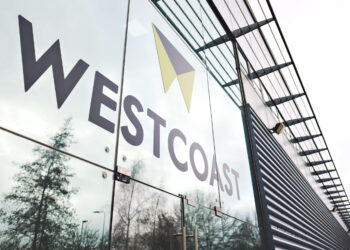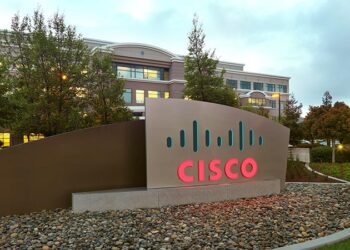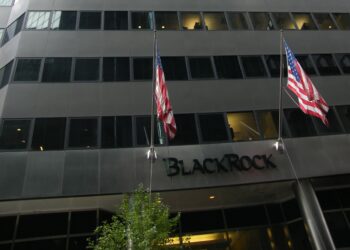Exertis is gearing up to support a PC refresh “tsunami” and is “reasonably optimistic” for the next 12 months, its CEO has said.
Earlier this month the distributor – formally DCC Technology – logged a 9.3% revenue decline to £4.77bn in its fiscal year to 31 March 2024, with the UK business’ revenues down 8.4% to £1.65bn (following a 9% decline in fiscal 2023).
It is part of FTSE 100 outfit DCC Group, which recently celebrated 30 years as a listed business and also serves the healthcare and energy sectors.
“I’m hopeful the market will bounce”
Talking to IT Channel Oxygen, Exertis CEO Tim Griffin characterised DCC Technology’s trajectory as “similar to pretty much every other tech business around the world”.
“What we’re all hoping for over the next 12 months is a bouncing economy, and there’ll be a few drivers of that,” Griffin said.
“There’s a tsunami that’s being held back at the moment in terms of PC refresh. Clearly, we’re gearing up to be able to support that as and when it comes through – so everything around AI and Windows 11 and how that evolves over the coming year.
“The economic environment doesn’t seem to quite reflect that at the moment, and purdah never helps the public environment. But once we get through that, the way the election has fallen gives us enough time to recover before the end of the financial year.
“I’m really hopeful that the analysts who are saying the market will bounce in the second half are right.”
“Bang-up year” for MTR
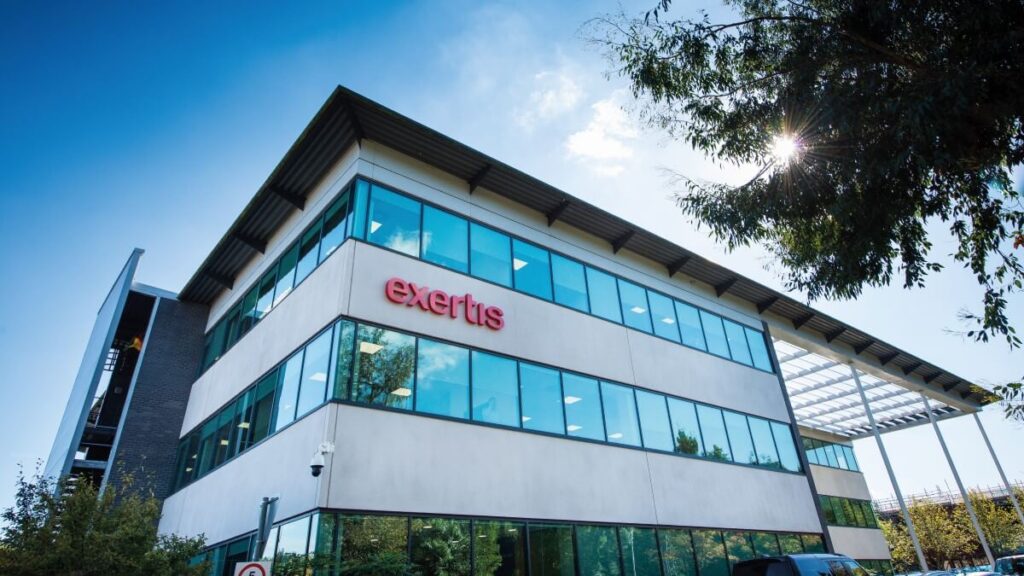
Drilling down into DCC Technology’s results, the UK generated £1.65bn of its £4.8bn top line, with North America, Ireland, France and Rest of World chipping in £1.72bn, £372m, £275m and £754m, respectively.
DCC Technology’s adjusted operating profit also fell 13.6% to £91.7m.
The UK business grew organic profit during the year, and also took marketshare in both retail and B2B, Griffin claimed, however.
“Share is the best proxy we have and so it’s pleasing to see retail doing really well in both those environments [taking marketshare, and topping the internal budget],” he said.
“Our B2B business was more challenged but it’s pleasing to see it holding its head up when you look at the share perspective.”
MTR, a UK mobile and tablet refurbishment outfit DCC Technology acquired in 2017, had a “bang-up year”, Griffin stressed, meanwhile.
“That’s reflective of a number of dynamics in the market,” he said.
“One is consumer sentiment and looking for alternatives to new, which has really fuelled the second-life marketplace. And of course there were some good product launches that fuelled trade-ins and availability of product in that space.”
To Dell and back
Operating across the AV, IT and consumer appliance markets, Exertis on 1 May scaled back its relationship with one of its largest vendors in the shape of Dell.
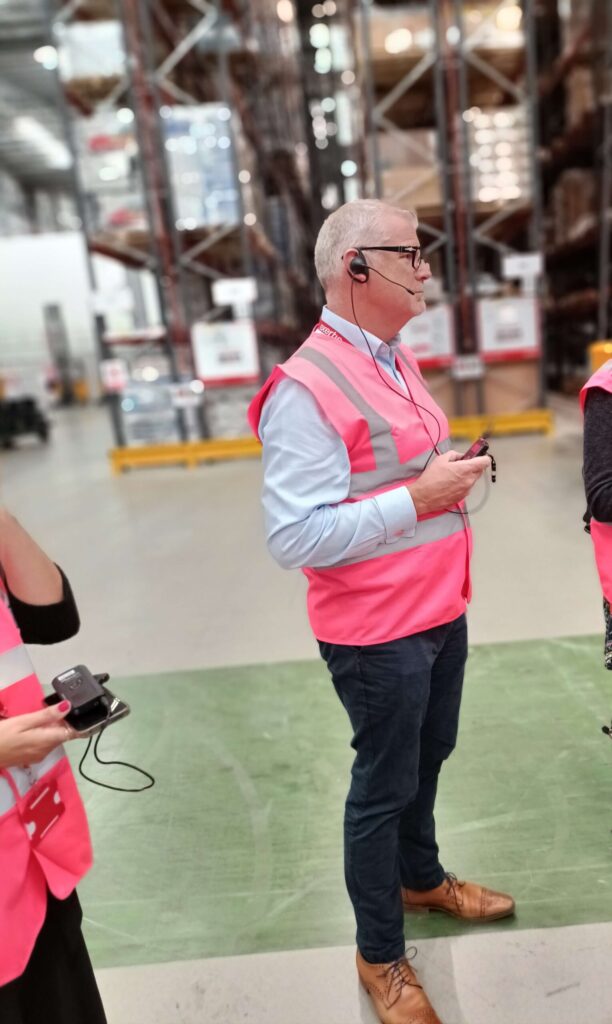
Griffin was quick to stress that “we haven’t parted ways with Dell universally” in the UK (it is its OEM partner of the year). The duo also still have a comprehensive relationship in Ireland.
“It’s a very strong relationship we continue to have with Dell, but clearly, not distributing their desktop and datacenter products within the UK is a major change for us,” he said.
“There are activities that we’re taking to fill those gaps in both those spaces and it involves new brands and brands we already have.”
The UK continues to push on with a “transformation” that has seen it put greater emphasis on DEI, Griffin stressed, meanwhile.
“It’s great to see us being able to take our people on that journey, as well as the numbers,” he said.
Griffin added: “Hope is not a strategy but we’re reasonably optimistic – not withstanding all the unknowns I’ve described from economic sentiment through to political uncertainty – that we’ve got sufficient time in the balance of the year for the market to bounce back. That’s really what we’re working towards – making sure we’re ready when it comes.”
As for the £20bn-revenue DCC Group, Griffin was eager to reflect on the return it has delivered to shareholders since it floated in 1994.
“One of the standout facts for me was that if you’d given us one pound 30 years ago, you’d have £64 today,” he noted.
Doug Woodburn is editor of IT Channel Oxygen







